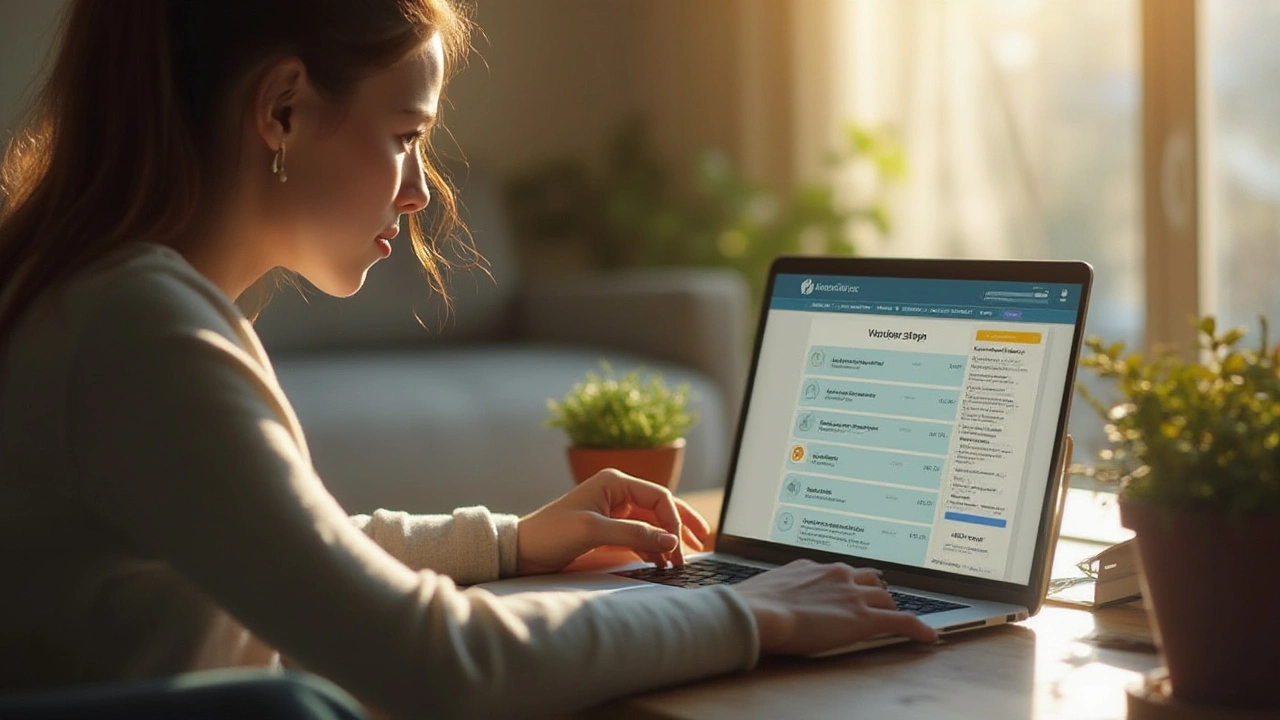Zebeta Safety: Easy Guide to Using This Blood Pressure Medicine
Zebeta (nebivolol) is a beta‑blocker that many doctors prescribe for high blood pressure. If you’ve just got a prescription or are thinking about it, you probably want to know how safe it really is. Below we break down the most important safety points in plain language, so you can use Zebeta with confidence.
Common Side Effects of Zebeta
Like any medication, Zebeda can cause side effects. Most people feel fine, but here are the ones you might notice:
- Dizziness or light‑headedness – especially when you stand up quickly. This happens because the drug lowers your heart rate and blood pressure.
- Fatigue – you may feel a bit more tired than usual, especially during the first week.
- Cold hands or feet – reduced blood flow can make extremities feel chilly.
- Headache – mild headaches are reported by some users.
- Digestive upset – nausea or stomach discomfort can occur, but they usually fade.
Serious side effects are rare, but watch for very slow heartbeat (below 50 bpm), severe shortness of breath, or swelling in your ankles. If any of these happen, call your doctor right away.
Who Should Be Cautious Using Zebeta
Even though Zebeta is generally safe, certain people need extra care:
- People with asthma or chronic lung disease – beta‑blockers can tighten airways, making breathing harder.
- Those with severe heart block or very low heart rates – the drug may slow the heart too much.
- Diabetics – Zebeta can mask low‑blood‑sugar symptoms like a rapid heartbeat.
- Pregnant or breastfeeding moms – the safety data isn’t strong enough to rule out risk.
- Anyone taking other blood‑pressure meds – combining drugs can drop pressure too low.
Always tell your doctor about existing conditions and every prescription, over‑the‑counter drug, and supplement you use. That helps them decide if Zebeta fits your health picture.
Dosage tips: Most adults start with 5 mg once daily, and the dose may be increased to 10 mg if needed. Take Zebeta the same time each day, with or without food. If you forget a dose, take it as soon as you remember—unless it’s almost time for the next one. Don’t double up.
Monitoring is key. Your doctor will check your blood pressure and heart rate after the first week, then periodically after that. If you notice a sudden drop in pressure (feeling faint, blurred vision) or a heart rate under 50, let them know.
Finally, never stop Zebeta on your own. Stopping abruptly can cause a rebound rise in blood pressure or trigger chest pain. If you need to quit, your doctor will taper you down slowly.
Bottom line: Zebeta is a safe, effective option for many people with high blood pressure, as long as you follow the prescribed dose, report side effects, and keep an open line with your healthcare provider.
Where and How to Buy Zebeta Online Safely: Complete 2025 Guide
Unpack real-world tips, known facts, and practical steps for buying Zebeta online safely in 2025. Find out about legit sources, legal factors, and cost-saving moves.





